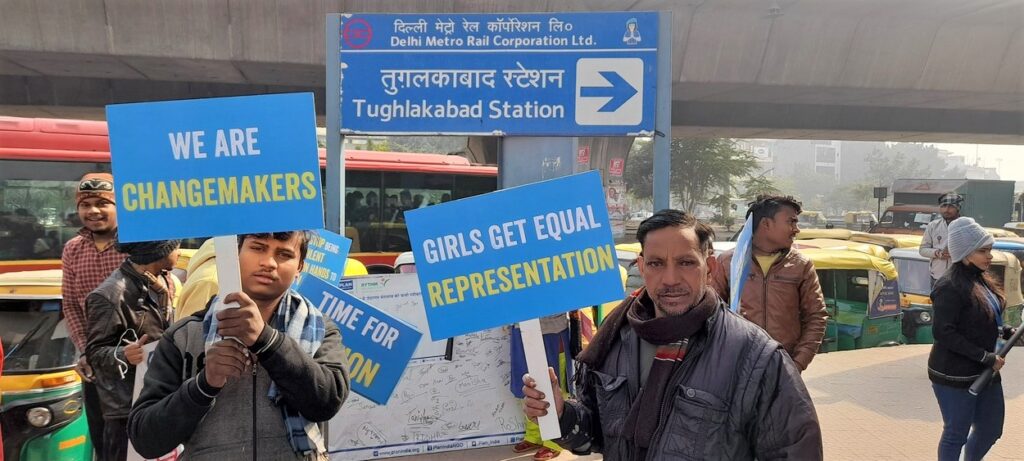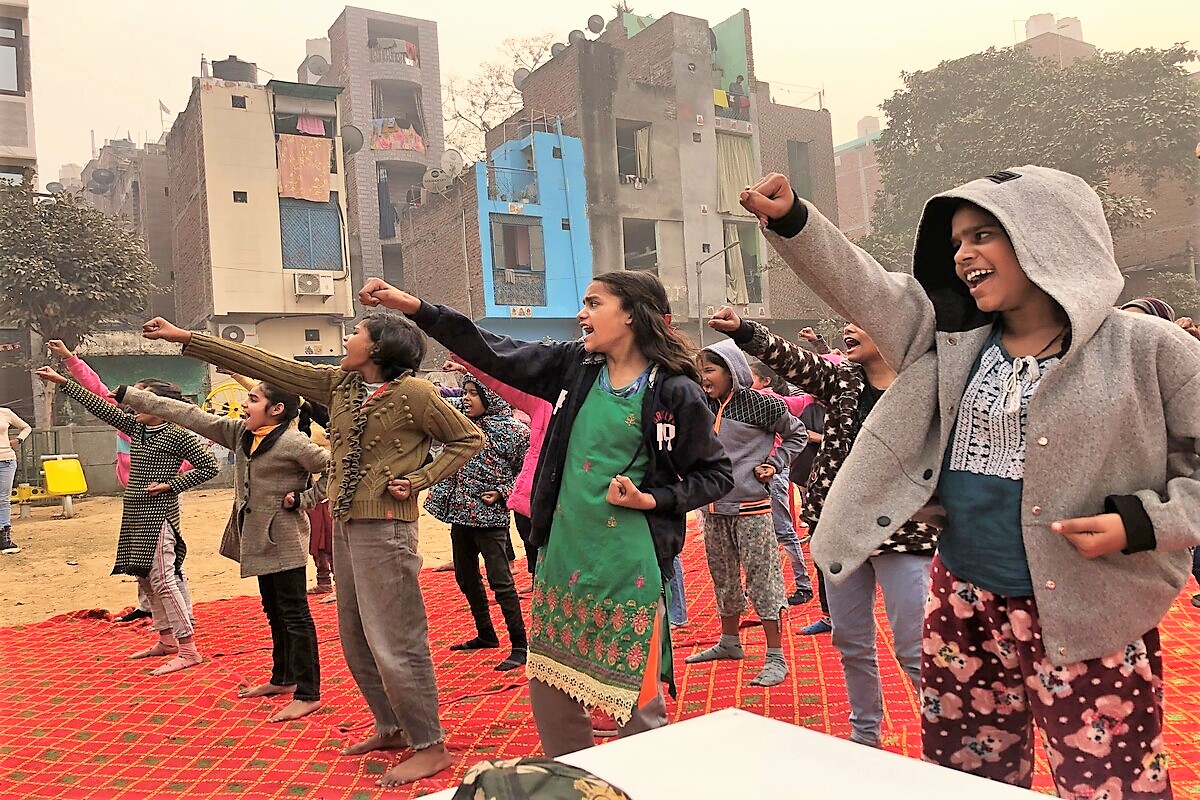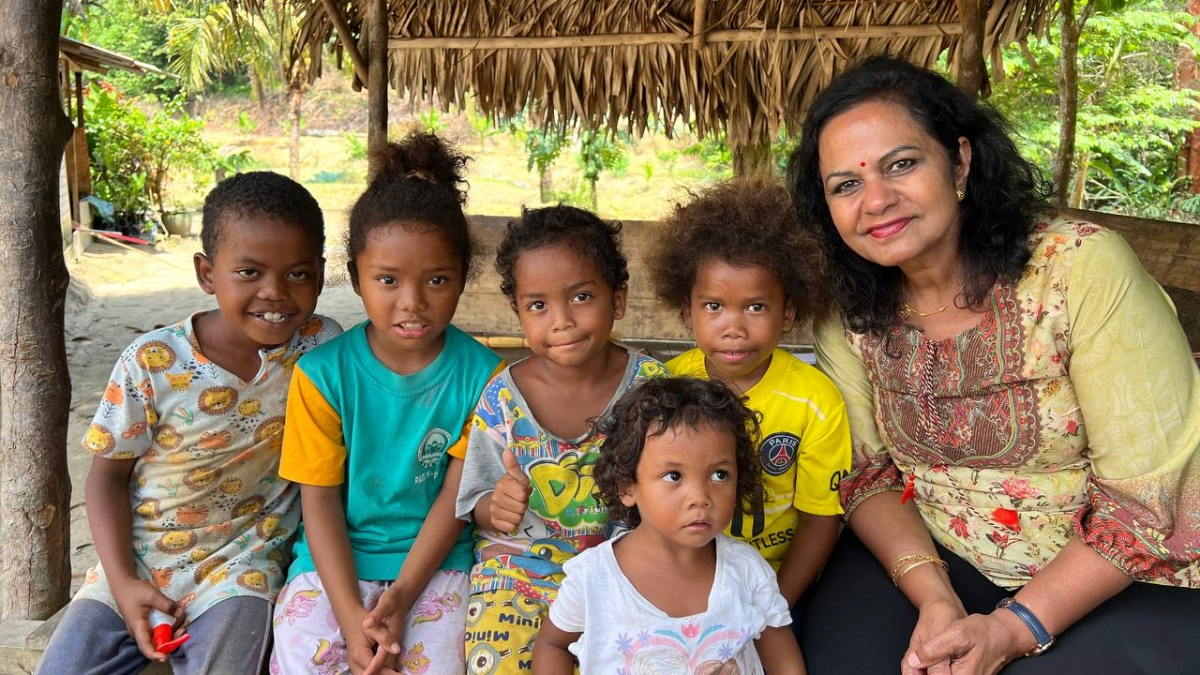Growing up in bustling South Delhi, 15-year-old Jainab often avoided walking alone, especially after dark, due to concerns about women’s safety in public spaces. That changed when she discovered Plan India’s Safer Cities for Girls programme.
Launched in 2022 with support from RYTHM Foundation, the initiative in the Gautampuri colony focuses on empowering women and girls while addressing women’s safety issues head-on.
Focused on creating safe, accountable, and inclusive urban spaces for girls aged 13 to 18, the programme works to shift deep-seated social norms that often leave girls feeling vulnerable in public areas.
Jainab became a regular at the programme’s resource centre, where she developed the skills and confidence to advocate for herself and other girls in her community. Through safety walks, community discussions, and self-defence training, she now champions their rights and safety.
For Jainab, it’s not just about self-defence—it’s about empowerment. Now, she teaches her peers to protect themselves and has become a local role model, proving what young women can achieve with the proper support.
The Larger Picture: Women’s Safety in India
Jainab’s experience is part of a much larger issue. Across India and in cities the world over, the safety of women and girls remains a pressing concern. A 2018 study by Plan International, Unsafe in the City, revealed that 80% of the spaces accessed by girls and young women were considered unsafe.
Though seen as growth hubs, cities can be dangerous for young girls. With frequent reports of gender-based violence, many feel unsafe even in their neighbourhoods. This makes women’s safety in India, especially in crowded cities, a critical issue for policymakers.
The Plan India-RYTHM initiative not only addresses vital questions, such as how to keep girls safe in a sustainable way but also involves educating entire communities, including men and boys, to drive meaningful, lasting change.

Reclaiming Her Power and Right to Safety
Laavanya, a 17-year-old from a village near Patna, is another example of the programme’s impact. After moving to the colony, she joined Safer Cities for Girls and has been an active advocate for two years.
She even formed a group called Jagriti, meaning “awakening,” where she and her peers discuss the rights and safety of girls and women and gender-based violence. Laavanya’s home is also a “safe house” for these discussions.
This group has also identified the safety issues in their neighbourhood and even worked with local authorities to improve conditions at the local park—an inspiring example of how empowerment leads to action.
Laavanya’s proactiveness shows the broader potential of women empowerment programmes in India to help young girls reclaim their power and assert their voices.
The Path Forward
The path to lasting change is never easy, but as Jainab and Laavanya demonstrate, it is achievable.
Jainab plans to continue teaching others how to protect girls and dreams of becoming an Indian Administrative Service (IAS) officer. Meanwhile, Laavanya strongly advocates for breaking gender stereotypes in her community.
Looking ahead, such programmes are crucial to creating a safer, more equal world—where every girl can walk with freedom and confidence. The need for action is clear, but so is the hope for a brighter tomorrow.
Transform your city into a safer space for young women by joining local discussions on gender equality and women empowerment!





